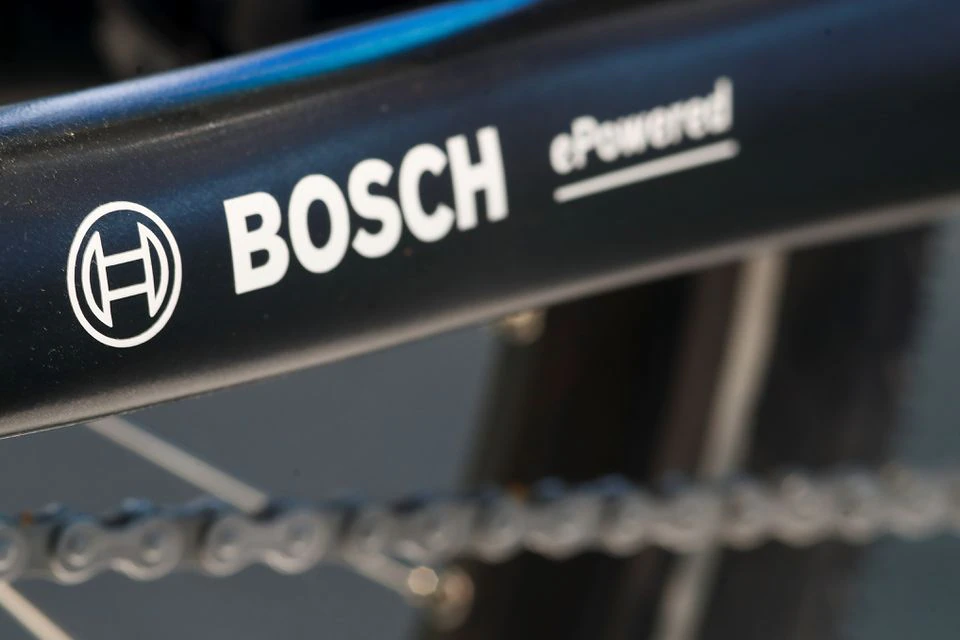BERLIN, July 13 (Reuters) – German auto supplier Bosch will invest almost 2.5 billion euros ($2.8 billion) in hydrogen fuel cell technology from 2021 to 2026 and expects to generate roughly 5 billion in sales from it by 2030, the company said on Thursday.
The planned investment was one billion euros more than earmarked in its previous investment plan for 2021-2024, the statement added.
Vehicles with hydrogen fuel cells, in which hydrogen mixes with oxygen to produce water and energy to power a battery, can refuel in minutes and have a much longer range than battery-electric vehicles, but infrastructure is lacking and it is less energy-efficient.
Bosch expects one in five new trucks weighing six metric tons or more would feature fuel-cell powertrains by 2030, it said.
“Bosch is growing with hydrogen,” Chief Executive Stefan Hartung said.
Bosch said production of its fuel cell power module – a fuel cell system generating electricity in vehicles from hydrogen, primarily used in commercial long-distance applications – has begun in its Stuttgart-Feuerbach plant in Germany and in Chongqing, China.
Nikola Corporation will be the pilot customer of the modules made in Stuttgart-Feuerbach, with the Class 8 hydrogen fuel cell electric truck to enter the North American market in the third quarter of 2023.
Daimler Truck (DTGGe.DE) plans to bring a hydrogen truck to market in the second half of the decade, forming a joint venture with Volvo (VOLVb.ST) to develop the zero-emissions technology.
Automaker Stellantis said this year it would begin deliveries in Europe of its first medium-sized vans powered by hydrogen fuel cells by the end of 2021.
By contrast, Volkswagen subsidiary Traton (8TRA.DE) is focusing exclusively on battery-electric development.
($1 = 0.8993 euros)











